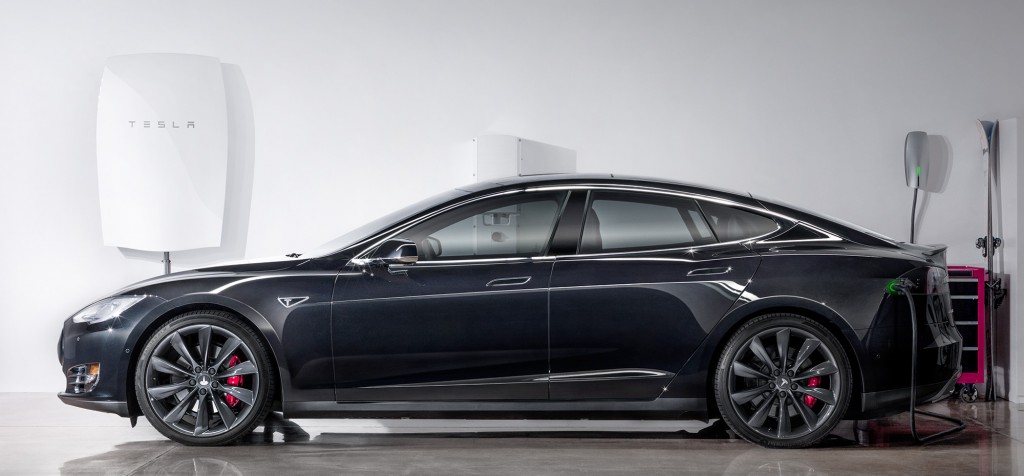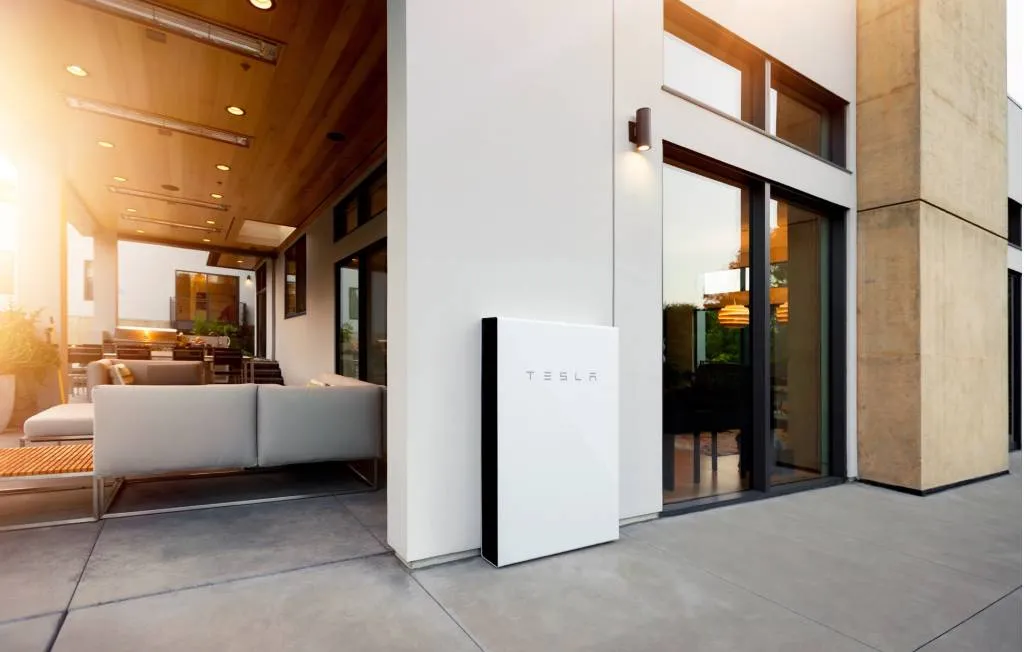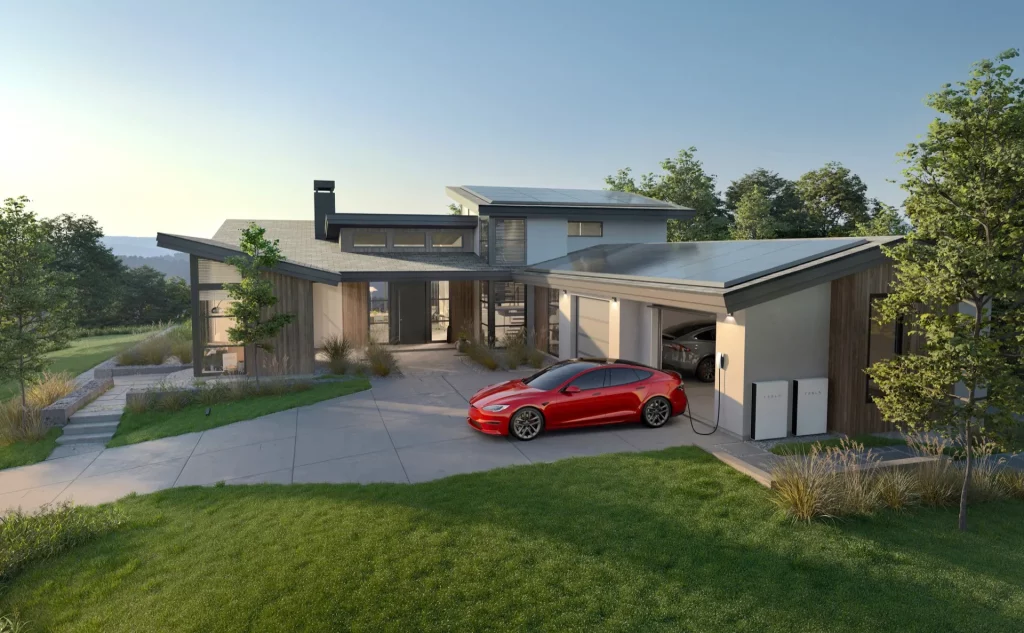Texas is launching a “virtual power plant” pilot program that will reward Tesla Powerwall owners for using their in-home battery packs to support the grid.
The Electric Reliability Council of Texas (ERCOT), which operates the state’s electricity grid, was directed to begin developing the pilot program in 2022 by the Public Utility Commission of Texas (PUCT), which in a press release announced the go-ahead to start the project in two regions. Under the pilot program, Powerwall owners in those regions have agreed to sell surplus power through ERCOT’s market.
“Today’s launch of the first phase of the Tesla Virtual Power Plant is a milestone for Texas residents, Texas distribution utilities, and the ERCOT grid,” Drew Baglino, Tesla senior vice president of powertrain and energy engineering, said in a statement. “Our collective work has allowed Tesla to build a decentralized energy ecosystem that seamlessly integrates stored solar energy from Powerwalls onto the ERCOT grid.”

Tesla Powerwall Home Battery
The project is divided into two Aggregated Distributed Energy Resource (ADER) regions, each with enough Powerwall units for at least 100 kw of power generation. One ADER aggregates devices in the Houston area under utility CenterPoint Energy and the other is based around Dallas-area Powerwall users served by Once Electric Delivery Company. Participation is voluntary, with specific requirements and compensation determined by the utilities.
The PUCT estimates the average residential battery contribution in these pilots will be about 5 kw, not a huge strain considering current Tesla Powerwall units have up to 13.5 kw of capacity.
The two Tesla-based ADERs have completed required testing and are now qualified to participate in the project, but there are six more going through the registration process. The eight total regions total 7.2 megawatts, according to the PUCT.

Tesla Powerwall – Courtesy of Tesla, Inc.
Texas isn’t the first state to launch a pilot program like this. California’s Pacific Gas & Electric (PG&E) also used Tesla Powerwalls last year as a virtual power plant for the first time, as part of several different bidirectional EV charging pilots.
Bidirectional charging allows power to be drawn from an EV’s battery pack, rather than a stationary one, to supplement the grid. It’s been tested by GM and Ford as a way to potentially cut pollution from extra-dirty “peaker” power plants.
GM and Ford are building bidirectional charging into their EVs to provide home emergency backup power, but that’s a different use case from coordinating with the grid. Currently, the only EV allowing manufacturer-approved interfacing with the grid is the Nissan Leaf.

